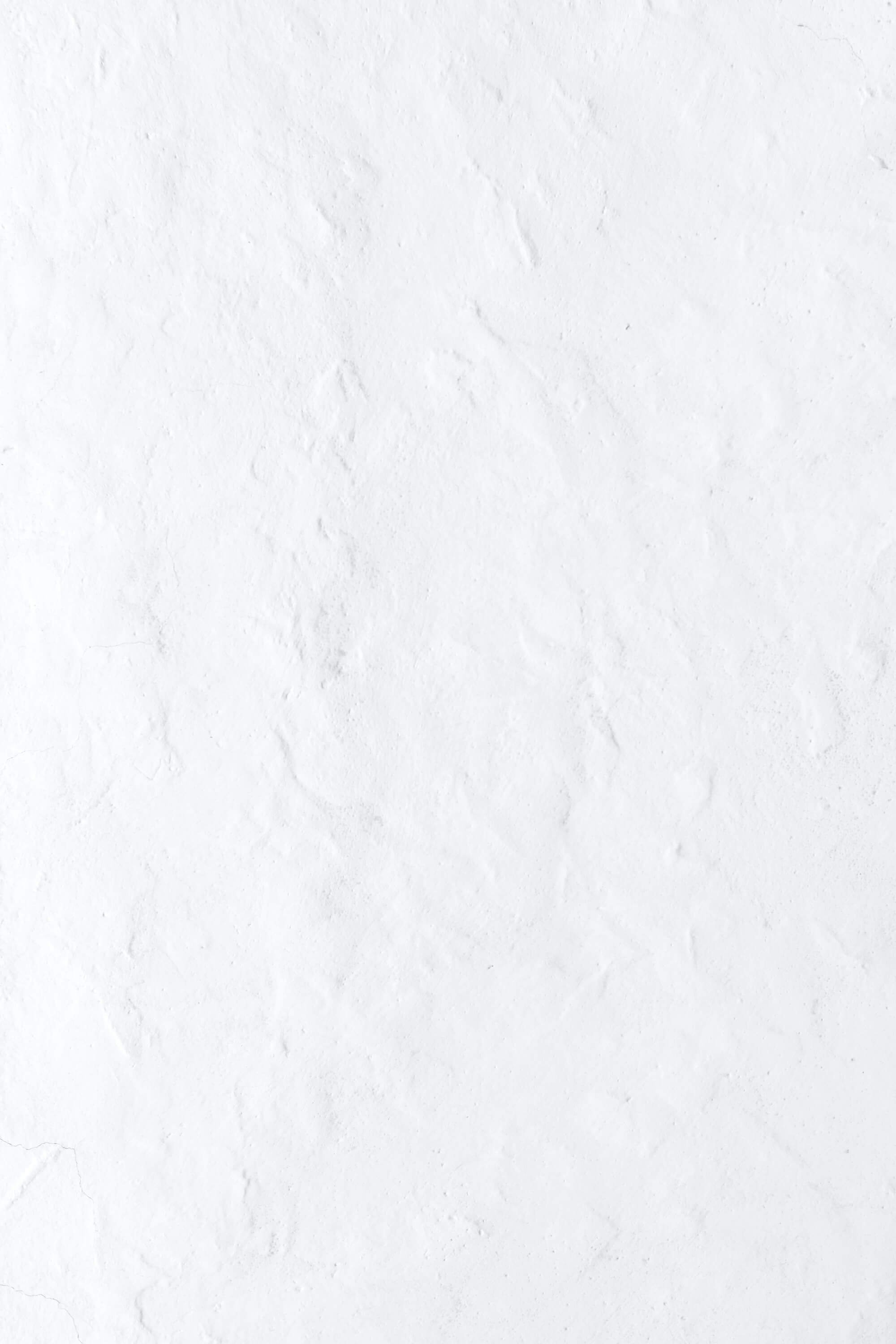
Section Styles mobile-center-text
Get in touch
We’re excited to boost your vibrance together
Section Styles mobile-center-text
Clinic address:
444 Riverview Drive Unit 20
Chatham, ON
N7M 5J5
T: 519-437-7094
FAQ’S
-
Botox is commonly used to smooth out wrinkles and lines in the face, particularly those caused by repeated muscle movements such as frown lines or crow's feet. Fillers are typically used to add volume to areas of the face that have lost volume due to aging, such as the cheeks, lips, and nasolabial folds.
-
The cost of Botox and fillers varies depending on several factors, including the location of the provider, the amount of product used, and the type of filler used. It's important to discuss pricing with a healthcare provider during a consultation to ensure that you have a clear understanding of the costs associated with these treatments.
-
Both Botox and fillers are generally considered safe when administered by a qualified healthcare provider. However, like any medical treatment, there are risks and potential side effects, which should be discussed with a healthcare provider before undergoing treatment.
-
While Botox and fillers are suitable for both men and women who are generally in good, there are a few exceptions:
They are not a substitute for a healthy lifestyle, including a balanced diet, exercise, and good skincare habits.
Pregnancy or breastfeeding: It is generally not recommended to undergo Botox or filler treatments during pregnancy or while breastfeeding.
Allergies or hypersensitivity: If you have a history of allergies or hypersensitivity to any of the ingredients in Botox or fillers, you may be at increased risk for a negative reaction.
Active infection or inflammation: If you have an active infection or inflammation in the area to be treated, you should wait until it has healed before undergoing Botox or filler treatments.
Neurological disorders: If you have a neurological disorder, such as myasthenia gravis, you may be at increased risk for complications from Botox treatments.
Blood-thinning medications: If you are taking blood-thinning medications, such as aspirin or warfarin, you may be at increased risk for bruising or bleeding at the injection site.
Chronic medical conditions: If you have a chronic medical condition, such as diabetes or autoimmune disease, you should discuss your condition with your healthcare provider before undergoing Botox or filler treatments.
It is important to discuss any medical conditions or medications you are taking with your healthcare provider before undergoing Botox or filler treatments. They will be able to determine if you are a good candidate for these procedures and discuss any potential risks or side effects.
-
The effects of Botox typically last around three to four months, while fillers can last anywhere from six months to two years depending on the type of filler used and the location of the injection.
-
Yes, Botox and fillers can be used together to achieve a more comprehensive rejuvenation of the face. Botox is typically used to smooth out wrinkles and lines, while fillers are used to add volume to areas that have lost volume due to aging.
-
Both Botox and fillers are non-surgical treatments, which means there is typically little to no downtime after the procedure. However, some people may experience mild swelling, bruising, or redness at the injection site for a few days following treatment.

